Conversation with Justene Hill Edwards
In today's Muster, Dr. Justene Hill Edwards, associate professor of history at the University of Virginia, discusses her new book Savings and Trust: The Rise and Betrayal of the Freedman's Bank with the JCWE's digital editor Robert Bland. Savings and Trust was released October 22, 2024 by W. W. Norton ...
Read More
Read More
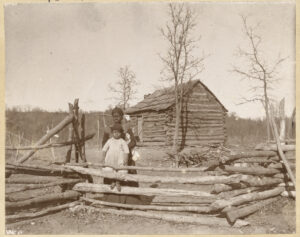
The Reconstruction Politics of the Allotment Era in Indian Territory
Read the introduction to the A Prelude to an Unholy Union roundtable here and the first installment here. In the post-Civil War period, Republicans in Congress and the White House were as equally interested in bringing the American West into the nation as they were in the former Confederate South ...
Read More
Read More
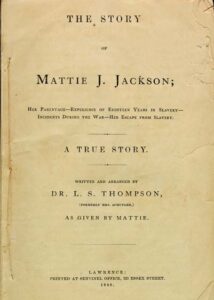
The Remarkable Story of Mattie J. Jackson
As a public historian working in St. Louis, Missouri, I am sometimes asked whether enslaved people living here before the Civil War ran away more frequently than enslaved people in the Deep South. Enslaved St. Louisians had the free state of Illinois across the Mississippi River, after all. While an ...
Read More
Read More
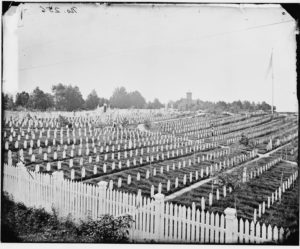
“As American citizens, we have a right….”: Death, Protest, and Respect in Alexandria, Virginia
One of the newest—yet oldest—members of the National Park Service’s African American Civil Rights Network (AACRN) is the Contrabands and Freedmen Cemetery Memorial, first established in 1864 in Alexandria, Virginia. The sites in the AACRN, created by Congress in 2017, “offer a comprehensive overview of the people, places, and events ...
Read More
Read More
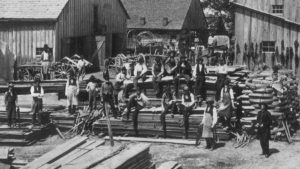
“I remember that Jasper Gray told me that he had herded sheep in Australia”
In 1906, Oscar Nelson, a local African American living in Tennessee, provided testimony on the extraordinary life of Jasper Gray, a United States Colored Troops (USCT) veteran, of the Thirty-First United Colored Infantry (USCI). Gray was a man whose entire life—in bondage and freedom—was one of constant physical movements and ...
Read More
Read More
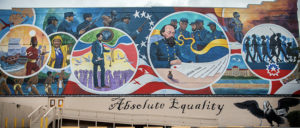
Juneteenth, Public Memory, and Teaching Reconstruction Through an International Perspective
A few weeks ago, the United States celebrated Juneteenth as a federal holiday for the first time. The bill recognizing the emancipation celebration passed the Senate and House and was signed into law by President Joe Biden in a matter of days, just in time for Americans to celebrate this ...
Read More
Read More
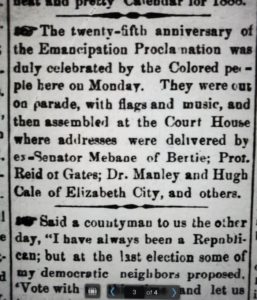
Civil War Day of Action: Filling Historical Silences
On the Journal of the Civil War Era national Day of Action. I am planning to join my former colleagues and community members in Elizabeth City, NC. Together, we are shedding light on the silenced diverse Civil War experiences, specifically freedpeople, USCT veterans and Grand Army of the Republic comrades ...
Read More
Read More
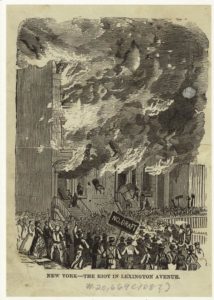
Commemorating the NYC Draft Riots: A Call to Action in the Classroom
Who would guess that progressive, self-regarding New York City would fail to mark the scenes of the 1863 Draft Riot? The riot was the most destructive urban uprising in US History and featured a virulent days-long assault on the city’s Black community. Yet not a single plaque or marker notes ...
Read More
Read More
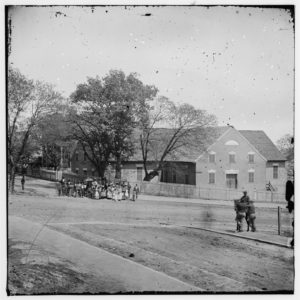
The Politics of Faith: How Contests within Sacred Space Shaped Post-Emancipation Society
In this roundtable, three historians present short excerpts from papers they would have presented at the 2020 meeting of the Society of Civil War Historians, which was cancelled due to Covid-19. The authors featured here explore how the wartime destruction of slavery shaped politics and power within Black churches, between ...
Read More
Read More
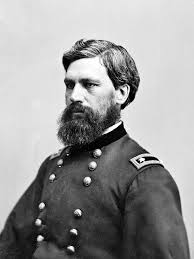
Strategic Alliance: John Hartwell Cook, O. O. Howard, and the Postwar Fight for Equality at First Congregational Church
In February 1867, John Hartwell Cook, a freedman from Virginia and graduate of Oberlin College, arrived in Washington, DC, with his wife, Isabel “Belle” Lewis, to take up a new position with the Bureau of Refugees, Freedmen and Abandoned Lands, commonly called the Freedmen’s Bureau. Prior to his arrival, he ...
Read More
Read More
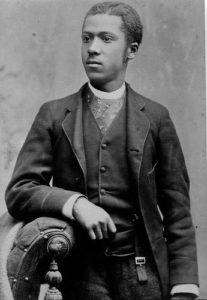
Beyond Speeches and Leaders: The Role of Black Churches in the Reconstruction of the United States
Black churches were at the center of remaking the United States’ post-Civil War political system into one that incorporated formerly enslaved black men into the body politic and revised the legal code to provide civil rights to these new citizens. Black Baptist and Episcopal Churches of Virginia provide insight into ...
Read More
Read More
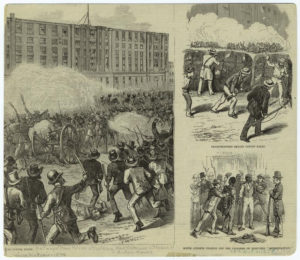
On Riots and Resistance: Freedpeople’s Struggle against Police Brutality during Reconstruction
On May 9, 1867, a festive contest took place in Richmond, Virginia between the local fire department and a visiting fire company from Wilmington, Delaware. A biracial crowd of Richmonders spent the afternoon cheering for their local firehouse and jeering the visiting group. When a white firefighter took offense to ...
Read More
Read More
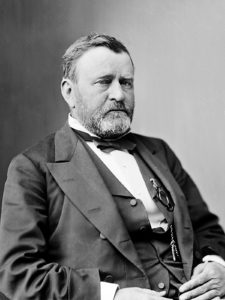
Public Monuments and Ulysses S. Grant’s Contested Legacy
On Memorial Day, three million people watched the first part of a three-episode documentary on the life of General and President Ulysses S. Grant. Three weeks later—on the much-publicized Juneteenth holiday, no less—a statue of Grant in San Francisco was vandalized and toppled. What gives? The motivations for this act ...
Read More
Read More
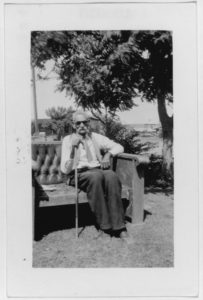
Juneteenth and the Limits of Emancipation
On June 19, 1865, not long after forcing the surrender of Confederate General Edmund Kirby Smith at Galveston, Texas, General Gordon Granger issued General Orders No. 3: “The people of Texas are informed that in accordance with a proclamation from the Executive of the United States, ‘all slaves are free.’” ...
Read More
Read More

Author Interview: Alaina E. Roberts
Today we share an interview with Alaina E. Roberts, who published an article in the June 2020 issue, titled “A Different Forty Acres: Land, Kin, and Migration in the Late Nineteenth-Century West.” Alaina is an Assistant Professor of History at the University of Pittsburgh. Her forthcoming book, I’ve Been Here ...
Read More
Read More
Editor’s Note: June 2020 Issue
Themes of movement and mobility unite the essays in this issue. We begin with Amy Murrell Taylor’s 2019 Watson Brown Award acceptance speech for her book Embattled Freedom: Journeys through the Civil War’s Slave Refugee Camps. The speech encapsulates a central contention of Taylor’s book—that movement was critical to the ...
Read More
Read More
